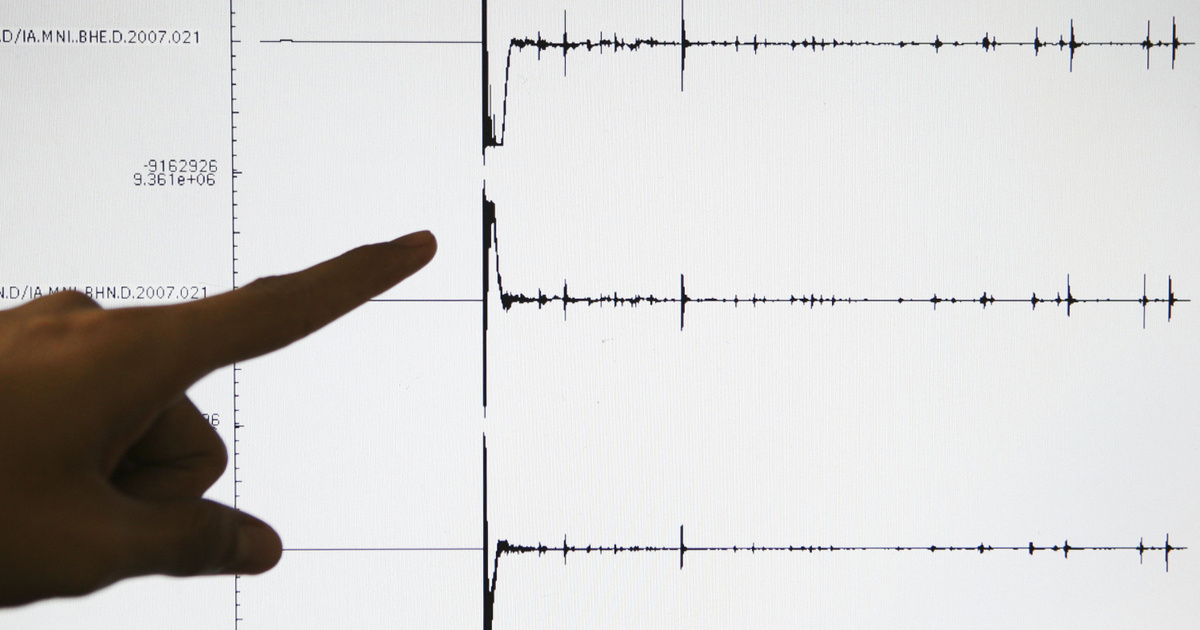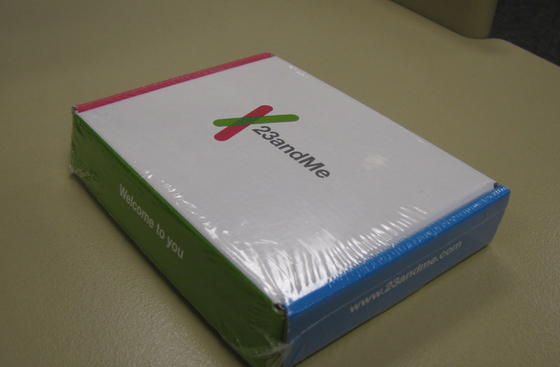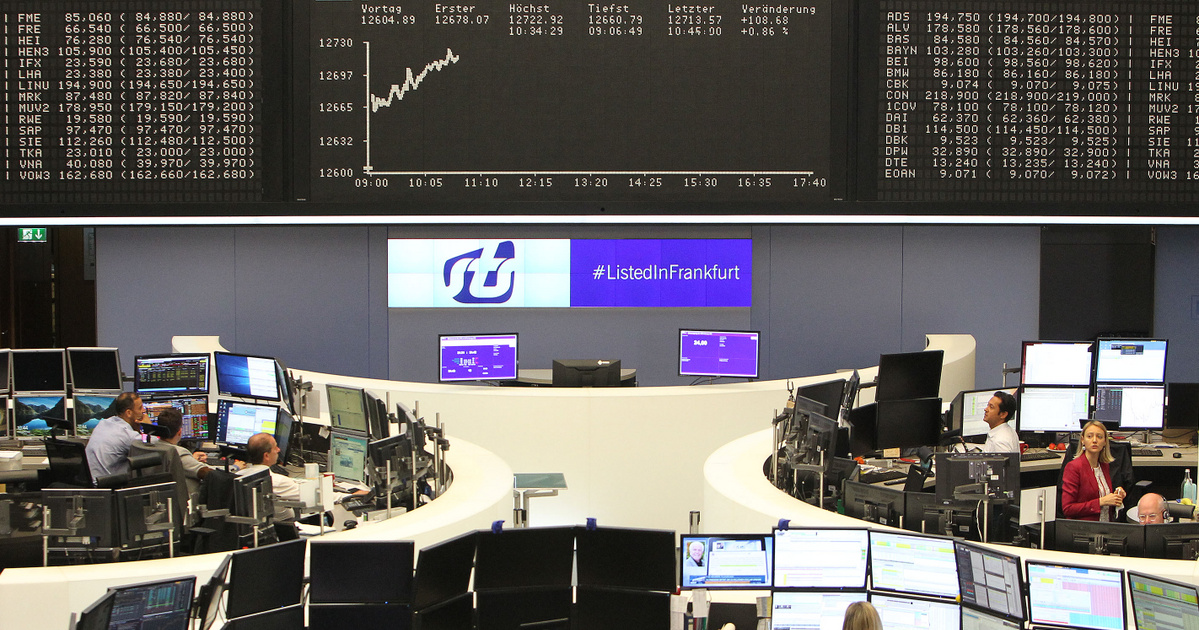The European Parliament and Council draft regulation on the coronavirus pandemic allows EU member states to delay the introduction of the use of the Standardized Electronic Reporting Form (ESEF) for one year. This is also the case in Hungary, where listed companies are required to implement the new type of reporting for the first time for the fiscal year beginning January 1, 2021.
According to Accountancy Europe, most EU member states have already indicated their intention to defer to the European Commission, with Slovakia, Romania and Croatia, for example, using the postponement option. Interestingly, based on current information, Austria and Germany are unlikely to take advantage of the delay option.
What is ESEF?
The European Securities and Markets Authority (ESMA) has put in place a new reporting commitment
For companies whose securities are listed on any stock exchange in the European Union.
The most important condition is that the data required for the reports must be digitally uploaded in XHTML format. However, there is one more thing to note about consolidated financial statements prepared in accordance with International Financial Reporting Standards (IFRS): they also require the use of a new, machine-readable XBRL language. As a first step, only the essential elements of the annual report (balance sheet, statement of comprehensive income, statement of changes in equity, cash flows) need to be distinguished using a pre-classified ESEF dictionary (classification). According to the original plan, this should have applied to last year’s accounts, however Just posted 1078/2021. (Ii. 27.) This The date has been extended by one year. However, effective January 1, 2022, the Notes in the Supplementary Appendix should be named according to current information.
The postponement allows companies to reallocate their resources to other areas in the current pandemic situation and buy time to implement the rules.
– Attila Locats, Deloitte’s director in charge of tax consulting, said that despite the delay, it is advisable to start preparations on time, as it is not uncommon even for large companies for the reporting process to be poorly digitized, especially on paper or Excel spreadsheets or PDF files.
During preparation, it might be helpful for the company to create a file based on last year’s report that identifies which line of the report contains the rating. XHTML files created after marking can now be tested for compliance with ESEF rules. It is also imperative to check the quality of the posters, as this will be the basis for future analyzes, not to mention that the new annual report will be subject to an audit commitment under the current rules in the coming year. The specialist noted.











































